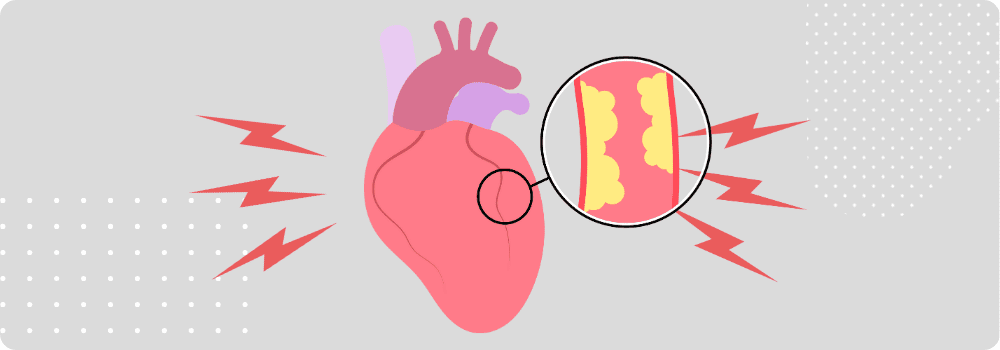
Have you ever heard someone say, “My chest hurts so much!”? Sometimes, chest pain is simply temporary pain in the chest, but other times, it can indicate a more serious chronic condition. Persistent chest pain has a medical name – angina pectoris.
Angina is not heredity; rather, a medical condition, like high blood pressure, can cause it. Most people who experience angina have atherosclerosis, a blockage of the arteries with plaque typically associated with coronary artery disease.
The other factor that can potentially cause the onset of angina is poor diet. But that can be helped with a healthy, balanced diet to avoid or control cholesterol issues.
People who experience angina might feel these symptoms: squeezing, pressure, heaviness, tightness, or pain in their chest as well as feelings of stress and anxiety. It is important to know that while symptoms usually overlap, each different form of angina has its own problems and solutions. Not to be confused with the other names for angina; angina pectoris, ischemic chest pain, chest pain; here are the four different types:
This is the most common form. It is also referred to as classical or typical angina. This form usually happens during exertion and goes away with rest or angina medication, like norepinephrine. Stable angina is very predictable and lasts five minutes or less.
This form of angina is a medical emergency and requires immediate attention. Unstable angina also goes by the more common name, myocardial infarction, or heart attack. It is unpredictable and occurs with or without exertion. Symptoms include tightness or pain in the chest, neck, back, or arms, fatigue, lightheadedness, abnormal heartbeat, and anxiety. Women are more likely to have atypical symptoms than men. Generally, the pain is severe and gets increasingly worse. Myocardial infarction last less than 20 minutes, and if the blood flow isn’t restored to deliver much needed oxygen, cardiac arrest or failure can occur.
Variant angina is also called prinzmetal angina, along with two other names with clearer associations. Vasospastic angina, one of the other names, is caused by a spasm in the heart’s arteries that temporarily reduces blood flow. The final nickname, angina at rest, describes how it occurs in cycles at rest and during sleep. Luckily, this angina can be relieved by administering nitrates.
Refractory angina, the most devastating form, is a chronic condition caused by coronary artery disease which cannot be controlled with medication, surgery, and lifestyle changes. because episodes are frequent despite
Angina is not deadly, but it can be a sign of an impending heart attack or stroke, which is deadly. Though some individuals who live with angina take medication to stop their pain, individuals around them need to know how to perform CPR and use an AED to start their heart if it stops. To learn more, register for a CPR class, or buy your own AED, visit onebeatmedical.com.